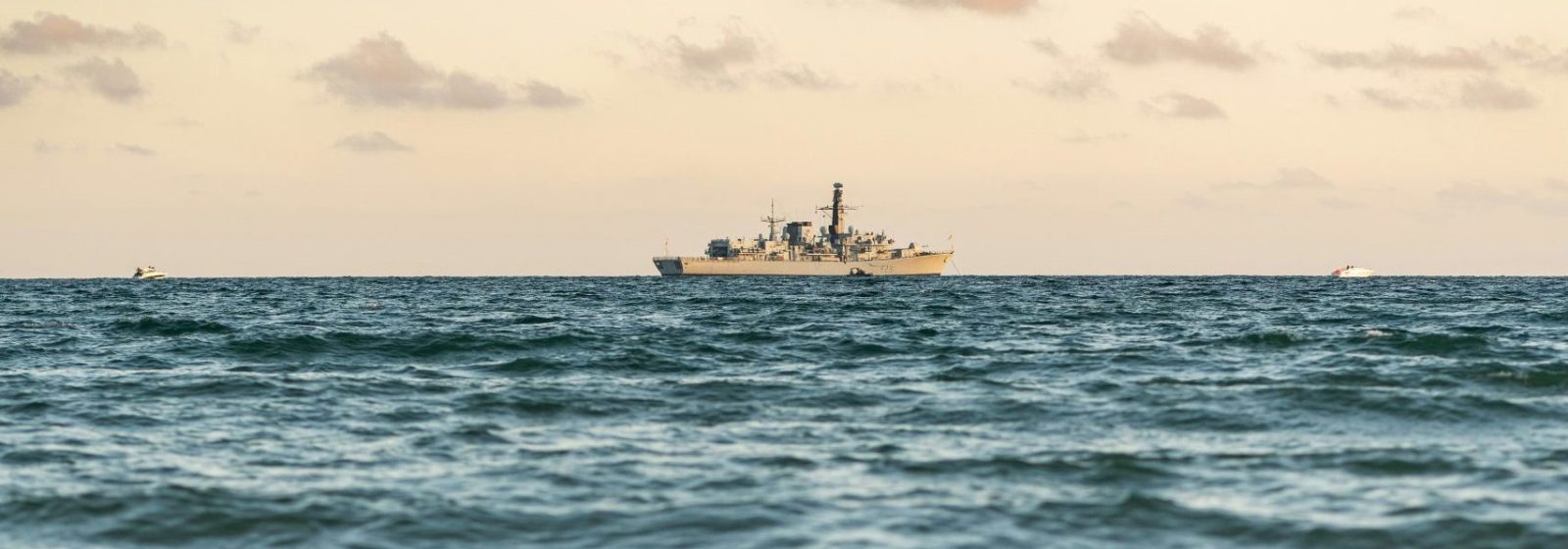
The effect of the crisis in the Red Sea was already visible in spot rates, and now the same is true of insurance premiums for cargo ships. Some premiums have increased tenfold due to the incidents.
Since early December 2023, cargo ships on the Red Sea have been plagued by Houthi rebels, a rebel movement from Yemen that has been given sanctuary by the Iranian regime. With now more than 25 rocket and drone attacks on several ships, the rebels say they are trying to retaliate against Israeli attacks in Gaza.
1% of insured value
Figures from Clarcksons, a London-based insurance consultancy, show that insurance premiums for ships planning to pass through the Red Sea have increased tenfold. Specifically, the annual insurance premium for a ship intending to transit the Red Sea has now risen to sometimes as much as 1% of the ship’s total insured value.
It is said to be mainly the so-called ‘war risk’ insurance policies that have skyrocketed. That type of insurance is extra insurance on top of the standard insurance for a ship, some of which is even compulsory in several countries (such as Belgium). ‘War risk’ insurance not only covers damage caused by acts of war, but also by piracy or, as in this case, rebellion or terrorism.
Army response
Clarcksons’ analysis shows that it was not only rebel attacks that caused the rise, but also the reaction of the US and British military. On 12 January 2024, counterattacks were launched by both, against several Houthi targets. Also on the night of 17-18 January 2024, shelling was carried out by the US army.
According to Clarcksons, those actions too will lead to an increase in premiums as it may lead to an escalation of military violence in the region.
Rates rise further
One consequence is that freight rates will continue to rise. Either ships take a long 7,000-km diversions via the Cape of Good Hope which means they are en route longer and use more fuel, or ships risk Red Sea passage with a large additional insurance cost. It seems most shipping companies are going for the first option. Shipping in the Red Sea has declined sharply.
Earlier, Prof Christa Sys warned in Flows about a discrepancy between the extra cost and the high surcharges currently applied by various shipping companies. Cargo shippers also already complained about the surcharges and went a step further by accusing some European shipping companies of misusing the situation and ‘graaiflation’.




